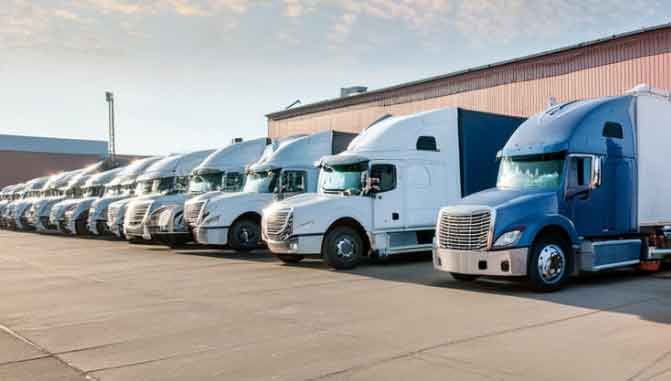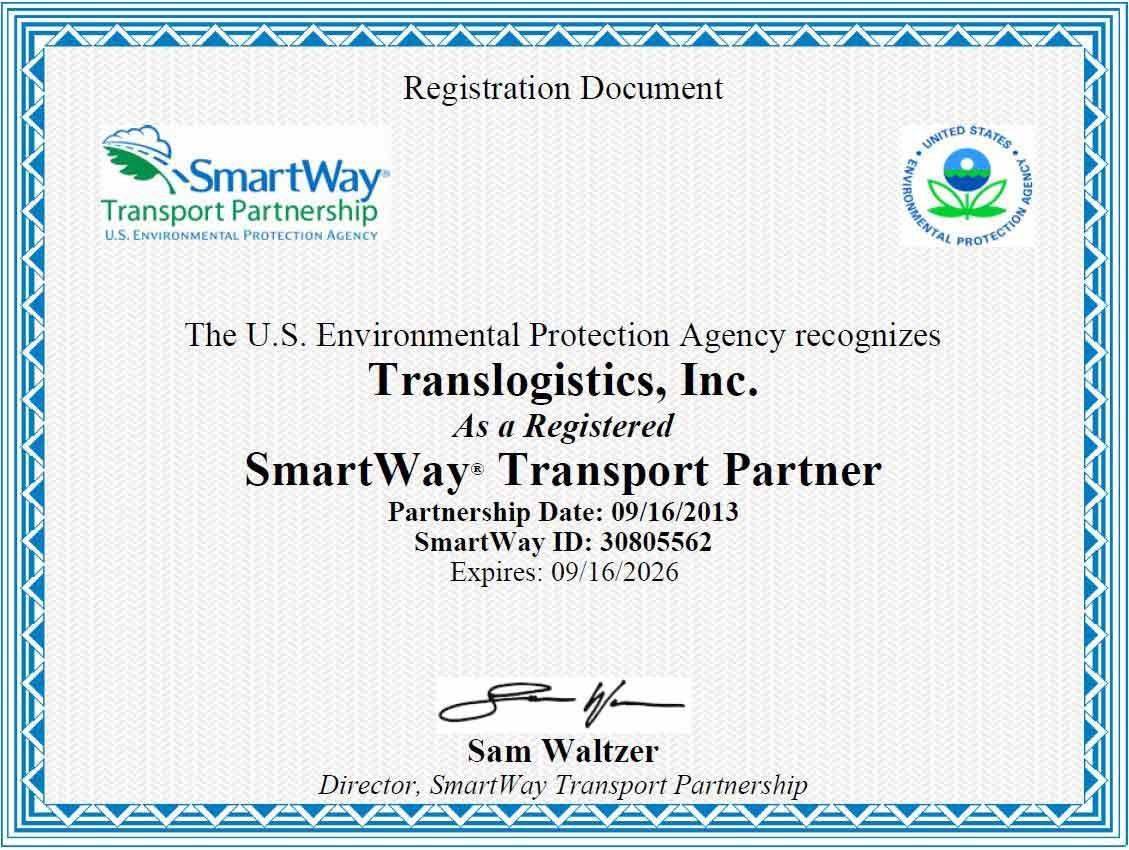Understanding the Types of Freight and Specialized Equipment Needed for Transport
Types of Freight and Packaging Types
Freight transportation is an essential component of the global economy. It involves the movement of goods from one location to another, typically over long distances. There are various types of freight, which can be classified based on the packaging types or commodities being shipped. Let's take a closer look at the different types of freight and the specialized equipment required to transport them.
Packaging Types:
Commodities:
Specialty Equipment:
Specialty types of freight require specialized truckload equipment to ensure safe and efficient transport. For example, construction and pipe materials require flatbed trucks because they are often oversized and heavy. Flatbed trucks have a flat platform with no sides, allowing for easy loading and unloading of materials. Reefer trucks are required for transporting perishable items, such as food, because they maintain a controlled temperature inside the trailer. Low boy trailers are needed for oversized freight because they have a low deck height, allowing for the transport of tall or bulky items.
In conclusion, there are various types of freight that can be classified based on packaging types or commodities being shipped. Specialty types of freight require specialized equipment, such as flatbeds for construction and pipe materials, reefers for food, and low boys for oversized freight. With the right equipment, freight transportation can be efficient and cost-effective, benefiting businesses and consumers alike.
TLI Insights
Get the latest logistics insights and tips from TLI's award-winning team. Stay ahead in transportation planning.
Questions? Email us at marketing@shiptli.com



